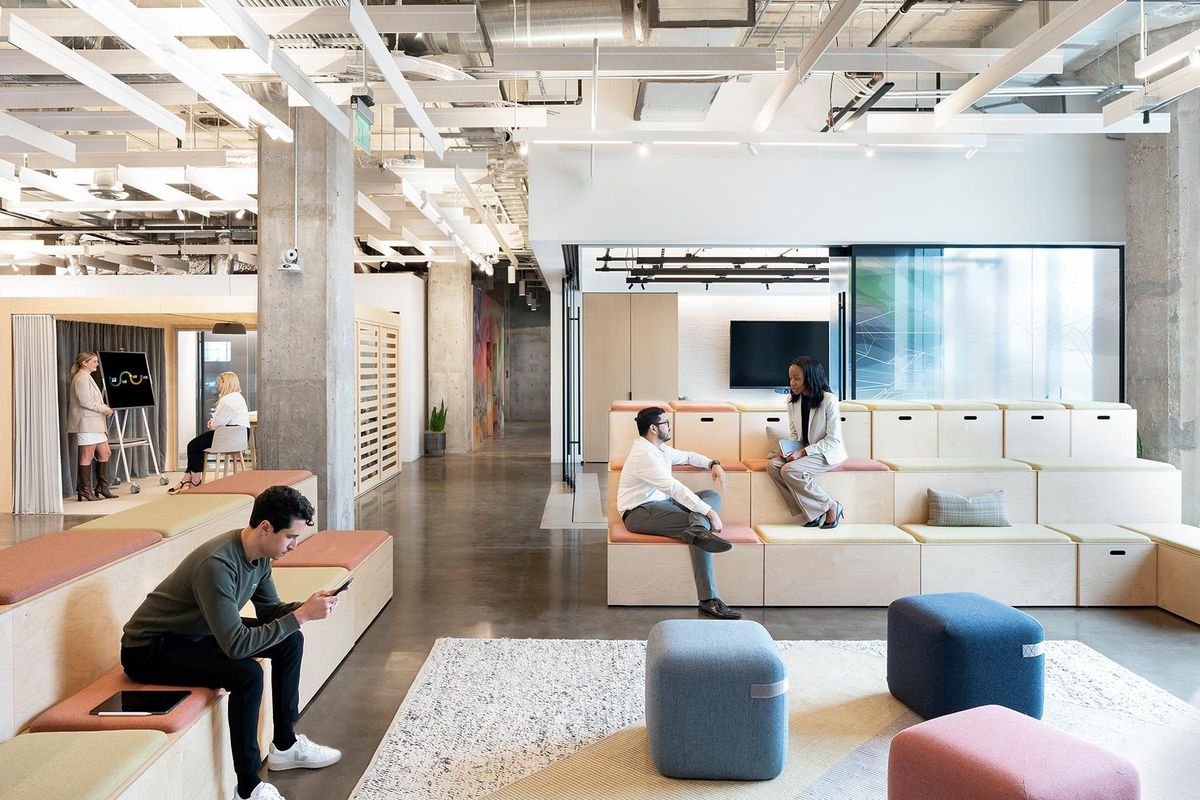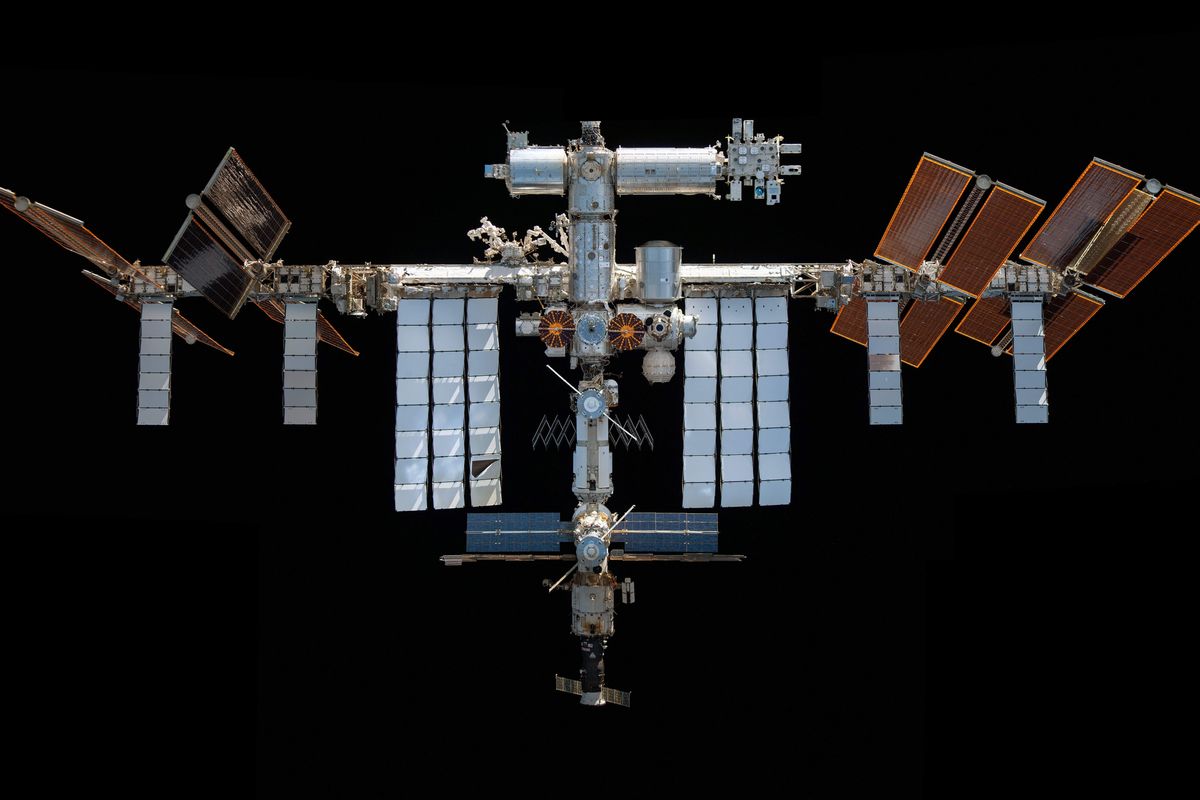Houston startup surge, job forecast, and more trending news to know
Trending News
Editor's note: 2026 is here, and we are heading into the new year with a surge in local startup activity and job growth in the local health care sector. As we look ahead to 2026, here are five trending news stories from InnovationMap, published at the close of the year:
1. New report shows surge in startup activity in Houston and across Texas
 Photo by Rome Wilkerson on Unsplash
Photo by Rome Wilkerson on UnsplashHouston and the rest of Texas are experiencing a boom in the creation of startups. One barometer of growth in startup activity: The Houston metro area saw a 92 percent rise from 2024 to 2025 in the number of account applications submitted to Bluevine, a banking platform for small businesses. Continue reading.
2. Houston poised to add 30,900 new jobs in 2026, forecast says

The health care sector will lead Houston job growth in 2026. Photo via Houston Methodist
Buoyed by the growing health care sector, the Houston metro area will add 30,900 jobs in 2026, according to a new forecast from the Greater Houston Partnership. The report predicts the Houston area’s health care sector will tack on 14,000 jobs in 2026, which would make it the No. 1 industry for local job growth. Continue reading.
3. UH receives $2.6M gift to support opioid addiction research and treatment

UH has received a new financial gift towards the Michael C. Gibson Addiction Research Program, which is developing a fentanyl vaccine. Photo via Unsplash.
The estate of Dr. William A. Gibson has granted the University of Houston a $2.6 million gift to support and expand its opioid addiction research, including the development of a fentanyl vaccine that could block the drug's ability to enter the brain. Continue reading.
4. These 50+ Houston scientists rank among world’s most cited

UH Professor Zhifeng Ren is one of 50 Houston-area researchers named to Clarivate’s Highly Cited Researchers list for their broad and lasting impact. Photo courtesy UH.
Fifty-one scientists and professors from Houston-area universities and institutions were named among the most cited in the world for their research in medicine, materials sciences and an array of other fields. The Clarivate Highly Cited Researchers considers researchers who have authored multiple "Highly Cited Papers" that rank in the top 1percent by citations for their fields in the Web of Science Core Collection. The final list is then determined by other quantitative and qualitative measures by Clarivate's judges to recognize "researchers whose exceptional and community-wide contributions shape the future of science, technology and academia globally." Continue reading.
5. 6 Houstonians named to prestigious national group of inventors

Vineet Gupta, Eva Harth, Dr. Raghu Kalluri, Todd Rosengart, Sanjoy Paul and Dr. Jochen Reiser have been named to the National Academy of Inventors' 2025 class of fellows. Photos via the institutions.
Six Houston scientists and innovation leaders have been named to the National Academy of Inventors’ newest class of fellows. The award is the highest professional distinction awarded to academic inventors by the NAI. The 2025 class is made up of 169 fellows who hold more than 5,300 U.S. patents, according to the organization. The group hails from 127 institutions across 40 U.S. states. The Houston-based inventors are leading fields from AI to chemistry to cancer research. Continue reading.














 Rice University and Houston Methodist have partnered to create the Digital Health Institute, combining advanced technology, artificial intelligence, and interdisciplinary expertise to transform health care. Photos courtesy
Rice University and Houston Methodist have partnered to create the Digital Health Institute, combining advanced technology, artificial intelligence, and interdisciplinary expertise to transform health care. Photos courtesy











 Apple doubles down on Houston with new production facility, training centerPhoto courtesy Apple.
Apple doubles down on Houston with new production facility, training centerPhoto courtesy Apple.





